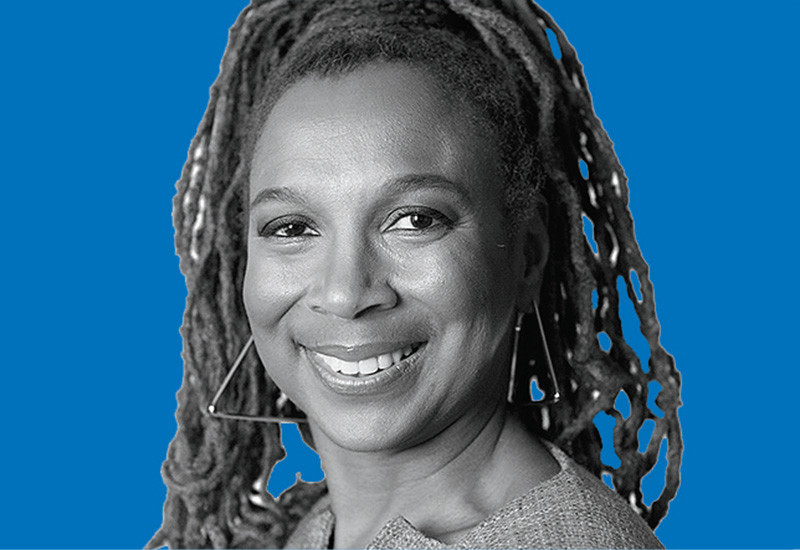Most days you can’t read news or political commentary without coming across a word or phrase coined by a Columbia law professor. In fields from economics to national security, these terms have worked their way into the national conversation — and even into dictionaries.
Net neutrality
Definition: The principle that Internet service providers should treat all content, sites, and platforms equally.
Year coined: 2003
Coined by: Tim Wu, Julius Silver Professor of Law, Science, and Technology
In use: This term, short for “network neutrality” and representing a doctrine supported by President Obama ’83CC and rejected by President Trump, continues to be at the center of an important policy debate in 2021 (“Pressure builds on Biden, Democrats to revive net neutrality rules” — Washington Post). In March, Wu joined the Biden administration to work on technology and competition policy at the National Economic Council.
Intersectionality
Definition: The complex ways in which multiple forms of discrimination (such as racism, sexism, and homophobia) overlap in the lives of Black women and other marginalized people or groups.
Year coined: 1989
Coined by: Kimberlé Crenshaw, Isidor and Seville Sulzbacher Professor of Law
In use: The term entered the Oxford English Dictionary in 2015 and Merriam-Webster’s in 2017. Today it appears in many prominent media outlets, from the New York Times to the Guardian to Fortune (“Entire organizations miss out on opportunities to build more inclusive and resilient businesses when they fail to account for intersectionality”).
Pleak
Definition: A combination of “plant” and “leak,” connoting the gray area in state secrecy between a strategic information plant (e.g., when the president intentionally and selectively shares a secret or instructs an aide to do so) and an unauthorized leak (e.g., when a low-level employee steals classified documents and gives them to a journalist).
Year coined: 2013
Coined by: David Pozen, Charles Keller Beekman Professor of Law and vice dean for intellectual life
In use: The term has appeared in the Christian Science Monitor (“But it’s a truth universally acknowledged that leaks, plants, and hybrid ‘pleaks’ are common currency in national security and foreign affairs reporting”), the Washington Post (“First, the public discourse on intelligence policy is often driven by what David Pozen has termed ‘pleaks’ or leaks from officials seeking to further policy”), and the New York Times (“David Pozen, a Columbia University law professor, coined the term ‘pleak’ to describe a practice in which high-level officials talk to reporters without getting clearance but in a way that the White House tolerates”).
Brussels effect
Definition: The process by which rules and regulations formed and disseminated in the European Union have penetrated economic life outside
of Europe.
Year coined: 2012
Coined by: Anu Bradford, Henry L. Moses Professor of Law and International Organization
In use: Recently featured in The Economist (“The Brussels effect, cont: The EU wants to set the rules for the world of technology”) and on Bloomberg.com (“In what has been called the ‘Brussels Effect,’ the EU has been playing a more dominant role than commonly appreciated in setting a variety of global standards”). Bradford’s book The Brussels Effect: How the European Union Rules the World was published in 2020.






